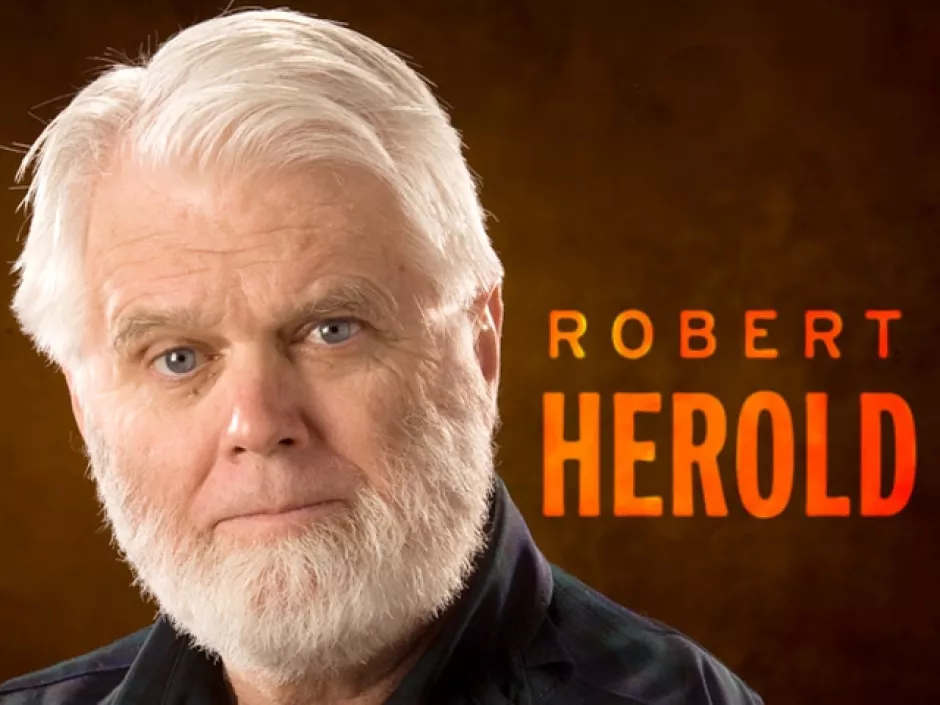President Obama’s May 23 speech on national security at the National Defense University in Washington, D.C., could develop into something very important. He actually urged that we reconsider what we’ve been doing for these past six decades.
Obama suggested that we are now misapplying the word “war.” Today we are dealing with terrorists and threats of terrorism. To meet these challenges we need better intelligence and more effective police work; not so many troops in the field. Obama also spoke to the need for more vigilant and effective diplomacy, and he addressed the question of treatment of prisoners. He spoke about American values, as a people. He once again urged that Guantanamo be closed, but he defended carefully monitored drone strikes.
Our post-World War II national security history, and the long shadow it cast, came about in response to the Soviet expansion into Eastern Europe following the end of the war. George Kennan — statesman and twice an ambassador — wrote his famous, 5,000-word “Long Telegram” in 1946. To address the expansion of the Soviet Union, Kennan argued for a policy of containment. Kennan saw containment as a process, situational and reliant on continued negotiation. He did not see it leading to an arms race or military confrontation.
Then, in 1950, came National Security Council Report 68 (NSC 68), directed by Paul Nitze. This report translated Kennan’s argument into actual policy. It incorporated Kennan’s containment strategy. However, Nitze’s “containment” relied primarily on an arms buildup. Thus it was that NSC 68 came to usher in the military-industrial complex that Eisenhower warned against as early as 1953, and then again in his more famous warning during his farewell speech in 1961.
For the next four decades, NSC 68 remained unchallenged. Had leadership rethought all the premises on which it rested, history might have taken a much different course. Had the perception of monolithic communism been challenged, had the “domino theory” been reexamined, had the widening fissure between the U.S.S.R. and China been explored, had emerging nationalism been more carefully considered — had all or just any one of these premises been critiqued, America’s arms buildup would not have grown as it did. What’s more important, there might not have been a Vietnam War.
Fast-forward to Ronald Reagan: He also worked beneath the shadow of NSC 68’s containment and arms buildup strategy. But for Reagan, détente as a form of containment was not enough when dealing with the “Evil Empire.” So Reagan almost doubled spending on defense and national security.
After the fall of the Soviet Union, our attention shifted to the Middle East. Still operating within the shadow of NSC 68, George H.W. Bush pursued containment during the first Gulf War. Bill Clinton also adopted a Kennanesque application of NSC 68 — containment plus the pain of sanctions, and a surgical use of military force.
Then, during the 2000 presidential campaign, George W. Bush criticized Al Gore not for being weak on foreign policy, but rather for being too ambitious. Candidate Bush promised a more modest approach, consistent with his “compassionate conservatism” promises. Then came 9/11, and everything changed. Comes the “War on Terror” along with the so-called “Bush Doctrine,” which states that unilateral “preventive war” is sometimes legitimate (e.g. invasion of Iraq). All this military intervention was based on a worldview that, as Andrew Bacevich observed, carried with it “an extraordinary certainty in the righteousness of American actions married to an extraordinary confidence of American arms.”
Former National Security Advisor Zbigniew Brzezinski, in his book Strategic Vision, describes the Bush presidency as the “demagogically inclined administration [that] spent eight years remaking the United States into a crusader state.” The worst of NSC 68 now was combined with religious fervor.
Thus, says Brzezinski, “The ‘war on terror’ became synonymous with foreign policy and the United States, for the most part, neglected to build a strategy that addressed its long-term interests in an evolving geopolitical environment.”
Until his speech, Obama hadn’t addressed any of this — not the strategy of containment; not the limits of military power; not American exceptionalism; not preventative war; not the shifting of power into the Executive Branch. Most important, Obama had yet to formulate a new worldview, together with a long-term comprehensive strategy.
His speech gives us some clues as to where he stands; it puts him squarely in the Brzezinski camp. Brzezinski argues for “cautious and detached” negotiations, balancing and conciliating alliances, renewed efforts to support secularization, more economic cooperation, but less dependence on large-scale military intervention.
Will Obama’s speech be a springboard to an entirely new paradigm? No president has pulled that off since Harry Truman — when George Kennan, George Marshall, Paul Nitze and Dean Acheson were “present at the creation.”


















